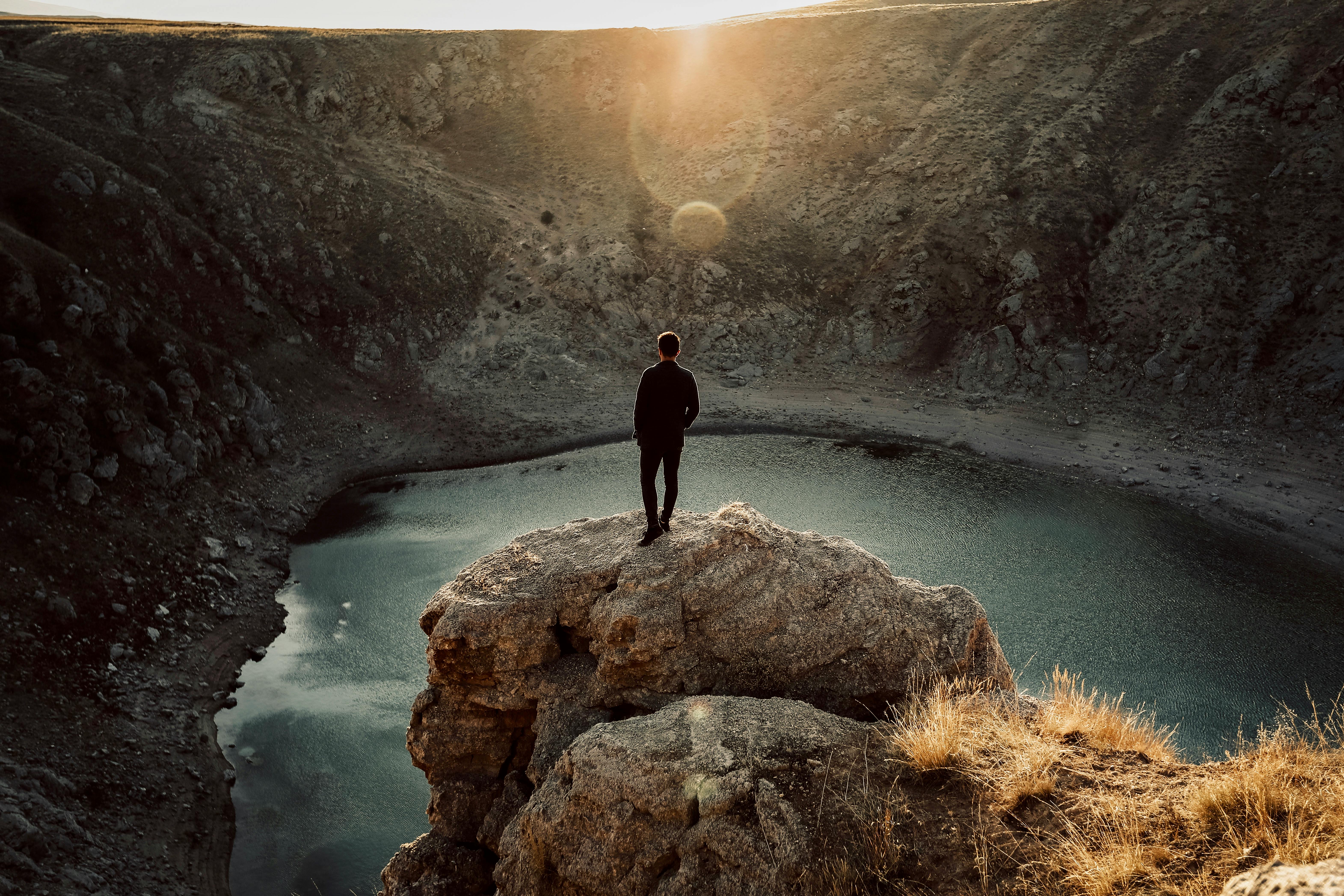Over the course of a few snowy days in a small town in Turkey, we see a poet regain his gift, a coup topples the local government, and radicals of all stripes talk about how much they hate the West. Snow is a vision of a world that changes and remains perfectly still. A place where poverty and torture are normal everyday events. A place where young women who are forbidden to wear their veils have been committing suicide.
Not surprisingly, Orhan Pamuk’s cast of characters have different names than the ones I’m familiar with. There is a lot of talk about a great Turkish leader named Ataturk who I have never heard of. There are foods and drinks, like Raki, that are beyond my experience. For all the strangeness of him, I can still identify, at least a little, with the lovesick poet Ka, who is the hero of the story. Who among us has never been in love?
I find Snow wonderfully surprisingly entertaining as he keeps me dragging my Western self out of the role of reader and into the role of participant. As I listen to the horrible conditions in this horrible place called Kars, I find myself thinking good old fashioned imperialist thoughts. If we could just build a couple of Starbucks and a Home Depot, then everything would be better. Then, just as I’m thinking these nation-building thoughts, one of the characters will complain about how all the Westerners want to come in and change everything and make it like the West. Clearly, the speaker does not think this is a good idea, so I am forced to reflect, why not Will it be a good idea?
The novel is set up as a long story told by a friend. A friend who can’t help but give away snippets that are too juicy to wait for the right time and place. The omen takes the form of future perfect past-Her beautiful green eyes, one of which would be shattered by a bullet in 47 minutes, stared at Ka. Like the opening sentence of 100 Years of Solitude, a little of this goes a long way. I soon got tired of the narrator telling me what was going to happen and who was going to die and then going back to the mundane business of telling stories.
If Snow is my only window into the world of Turkish men, then it’s a world I’m glad to walk away from. They are a cold and murderous bunch in the small town of Kars. Or they are cowards hiding in their bases. Or they are rebels waiting for their own opportunity to kill and rebel. Women are victims who refuse to admit being victims. They all sit down to drink Raki and look out the window at the huge snowflakes.
There are two beautiful sisters in the story, each a perfect woman in her own way. Our sad sack poet falls in love with both of them at one time or another. He is amazed by their eyes, their faces, his big breasts and by the fact that one of the sisters is willing to run back to Germany with him. He falls head over heels for his bodies, so much so that he later finds a porn star who looks just like the sisters and buys all the tapes from her.
Germany is often mentioned in the story, apparently all Turks who want to escape from Turkey end up in Germany. The Germans don’t seem to like this. Germany also represents the West in the story, as the poet Ka is supposed to be a reporter for a German newspaper. This leads to all sorts of debates about what, exactly, this little speck of town should be saying to the West.
Snow’s format finally beats me. The whole story told as a long series of flashbacks within flashbacks and their endless predictions about what is going to happen, what has already happened, and how our poor narrator gets entangled in his own story following in the footsteps of Ka and falling in love with one of the Sisters themselves.
In the end, it is the story of an unimportant man, who writes unimportant poems and dies a meaningless death. It is better to leave closed the window that overlooks the small and desolate town of Kars. The larger issue of the dangers of Islam taking over the world is sidelined and ultimately forgotten. All the major ideas are ignored as the novel boils down to one man’s obsession and then slips past this man and is lost in futility. The snow had a lot of potential, but it was lost.


